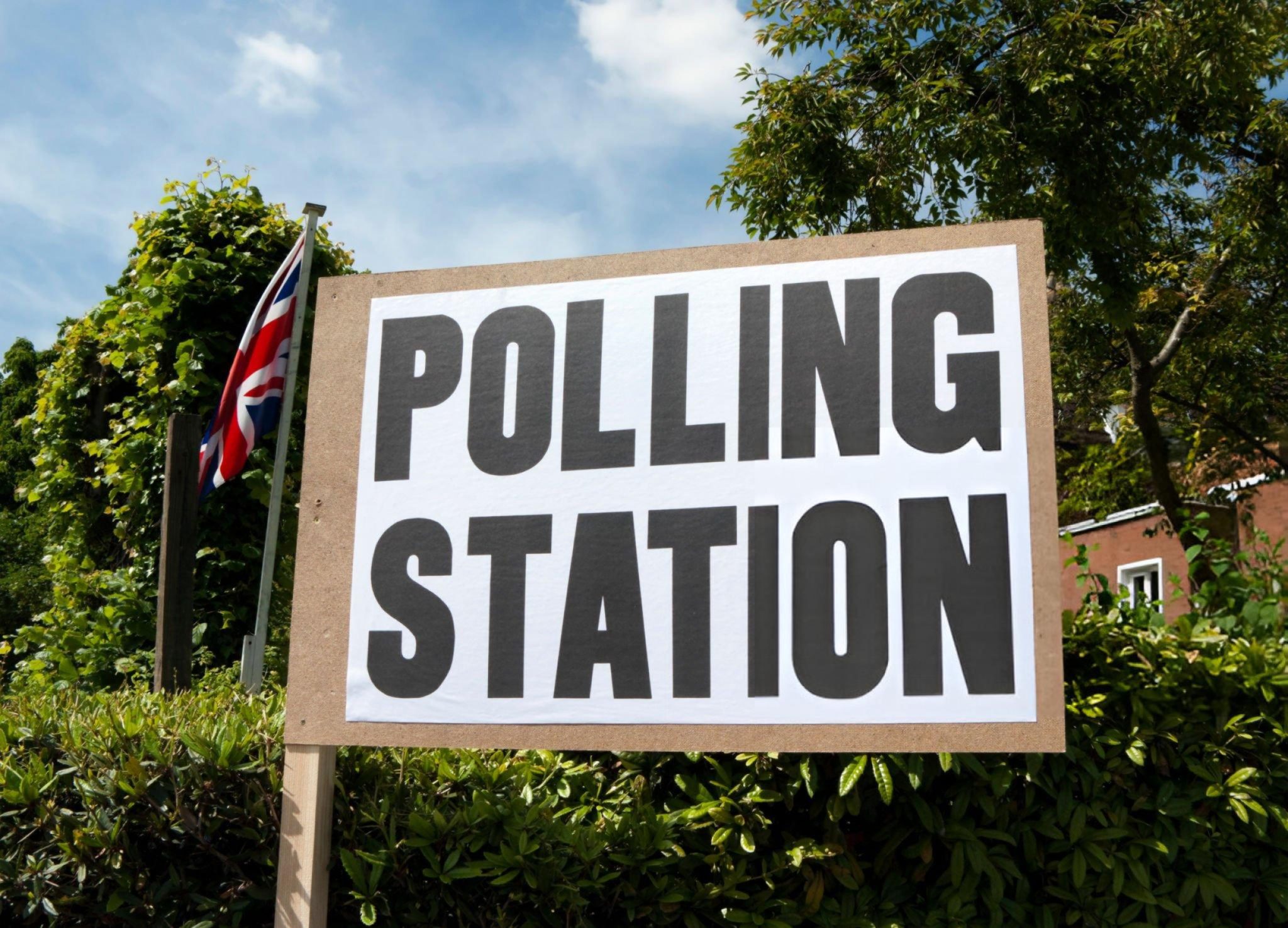Campaigning for this week’s local elections across England has reached its final day, with party leaders and candidates making their final appeals to voters ahead of Thursday’s pivotal polls. It marks the first significant electoral test since Sir Keir Starmer became Prime Minister, and all major parties are bracing for a closely watched outcome.
Deputy Prime Minister Angela Rayner, Liberal Democrat leader Sir Ed Davey and Reform UK leader Nigel Farage are expected to be among the most prominent political figures pounding the pavements today, as parties aim to galvanise last-minute support. Voters will cast their ballots in 23 council areas and six mayoral contests, alongside a tightly contested by-election in Runcorn and Helsby following Labour MP Mike Amesbury’s resignation.
As the campaigning entered its final stretch, Tuesday night’s Channel 4 News debate saw heated exchanges between representatives of England’s five main parties. The conversation ranged from local service delivery to the legacy of Donald Trump and the motivations behind so-called “protest votes”, with all parties vying to define the narrative ahead of polling day.
Environment Secretary Steve Reed, representing Labour, took aim at Reform candidate and London Assembly member Alex Wilson, questioning his previous decades-long affiliation with the Conservative Party. “He must believe in what the Conservatives believe, or he wouldn’t have been doing that,” Mr Reed remarked, highlighting lingering concerns over candidate credibility.
Shadow housing secretary Kevin Hollinrake urged voters to steer clear of protest voting, warning against supporting Reform UK. “When you’re casting your vote on Thursday, do not use that vote to protest,” he said. “We need to elect good people, not send messages of dissatisfaction.”
Alex Wilson defended his candidacy and insisted that his background did not reflect the breadth of Reform UK’s base. “Absolutely we have a choice,” he said, “between a political class that has taken your vote for granted for far too long and new parties.”
Green Party co-leader Adrian Ramsay rejected the idea that support for his party was merely a form of protest. “Moving away from the two big parties is not about a protest vote,” he argued, describing the Greens as offering a “hopeful vision” that prioritises environmental protection and social equity. He also criticised Reform UK as a party that ultimately backs the “very richest in society”.
Liberal Democrat deputy leader Daisy Cooper used the opportunity to call for electoral reform, blaming the first-past-the-post system for entrenching political discontent. “People haven’t forgiven the Conservatives for the state they left the country in,” she said, while also criticising decisions made under the current Labour government. “People are crying out for change,” she added.
Beyond the party lines, recent polling suggests Reform UK is currently enjoying a surge in national support. A YouGov poll released on Tuesday put the party ahead at 26%, followed by Labour at 23% and the Conservatives trailing at 20%, reflecting an increasingly volatile political climate.
Luke Tryl, executive director of the research group More in Common, highlighted public disillusionment as a defining mood ahead of the vote. “I don’t think I’m exaggerating to say that the groups we spoke to are some of the most disillusioned we’ve encountered,” he said. “People feel let down and are beginning to question whether change is even possible through the current political system.”
While local elections traditionally focus on neighbourhood-level issues such as pothole repairs, waste collection and council services, Thursday’s results are expected to offer insight into the public’s national sentiment – especially with a general election on the horizon.
As the final campaign leaflets are delivered and doorsteps visited, all eyes now turn to the ballot boxes, with party leaders hoping their message resonates at a time when faith in politics is arguably at its lowest in a generation.






